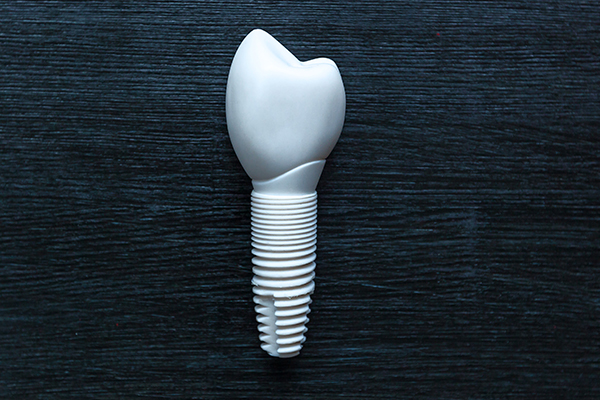Zirconia dental implants are a game changer in the dental business. They are widely used in the industry today and are made from zirconia, a contemporary, hypoallergenic ceramic. Zirconia implants are regarded as being both extremely robust and aesthetically pleasing. Let’s examine the benefits and drawbacks of using this material in dental implants.
Pros of Zirconia Dental Implants
Zirconia is Metal-Free
Patients’ only implant alternatives before the widespread availability of zirconia dental implants in the dental profession were titanium or titanium alloys. People with metal sensitivity or allergies are concerned about this. Zirconia is frequently referred to as a “metal-free” option due to its chemical composition. It is an alloy of the mineral zirconium that is used in dentistry. It can be shaped to make dental prostheses such as implants, crowns, and bridges.
Holistic
Dental implants made of biocompatible zirconia blend very well with natural bone tissue. This implies bone cells will adhere to the zirconia implant and “cement” it in place. Ceramic materials may be a better option for patients who are allergic to metals. They are an excellent natural alternative to metals.
Aesthetic Natural Colour
The color of zirconia implants is light beige/white. They complement your natural teeth. When placed into the jaw bone, dental implants are nearly unnoticeable. However, in patients with thin tissue, bone, or receding gums, the color of the implant may show through the tissues and be apparent. When a patient with titanium implants grins, a line of grey metal may be visible, especially if the patient exposes a lot of gum tissue. Zirconia implants, on the other hand, blend in considerably better and are not visible when a patient smiles – even if the gums recede.
Cons of Zirconia Dental Implants
More Expensive
One disadvantage of zirconia implants is their high cost. They are slightly more expensive to buy; hence they are more expensive for patients. However, the cost difference between a zirconium implant and final crown and a titanium implant and crown is $500. The cost of titanium dental implants can range from $4500 to $20,000 depending on the amount of implants inserted.
Not as Long Lasting
If properly cared for, traditional titanium dental implants can last for 15-20 years or more. There are, of course, exceptions. Unfortunately, some implants experience problems within the first ten years, and sometimes both. After 30-35 years, some patients’ implants continue to work. We simply do not have long-term anecdotal data to compare because zirconia dental implants have not been available or in use for the same time as titanium (60 years).
However, there’s no reason to think they won’t last as long as regular titanium implants. To summarize, if properly cared for, they should endure for 15-20 years or more, similar to titanium. Be proactive and visit your dentist bi-annually for check-ups and x-rays to ensure your zirconia implants are in good shape.
Fractures
Although zirconia is extremely robust, it is not as strong as titanium as a ceramic material. Zirconium implants are frequently wider than titanium implants to reduce the risk of breakage. The significance of this comes into play during treatment planning.. To place a zirconium implant, you may need some bone grafting; however with titanium, we may be able to install a thinner diameter to eliminate grating without risking fracture.
Summary
Zirconia implants have developed as an excellent alternative to standard titanium implants during the last decade. They offer a metal-free alternative for those with metal sensitivity and allergies. In this way, they’ve made dental implants a viable choice for people who have irreversible tooth loss as well as metal allergies.
Titanium is a little less expensive choice that is also stronger than zirconia. However, it seems to be a deep grey color and may be seen when patients grin. Titanium is also not a choice for those who are allergic to titanium or metals.







